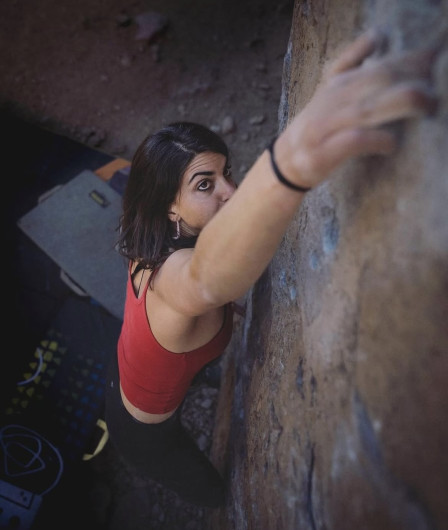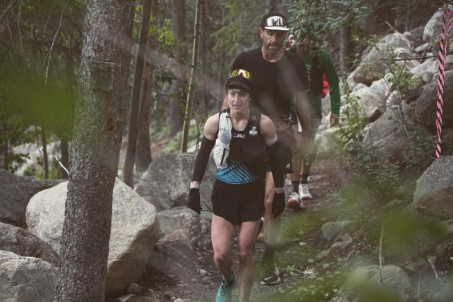Free shipping! Get free ground shipping on retail orders over $99 to the lower 48 states.


Photo:
BY Shara Zaia
BY Shara Zaia
On April 1st, Assyrians will ring in the new year 6775.
The Assyrians are an indigenous ethnic group from Mesopotamia, the cradle of civilization in what is now parts of Iraq, Syria, Turkey, and Iran. Their roots stretch back to the ancient Assyrian Empire where they developed one of the world's earliest writing systems, built magnificent cities like Nineveh and Ashur, and created sophisticated advancements in mathematics, astronomy, and medicine.
Throughout history, Assyrians have endured waves of persecution. During World War I, they suffered alongside Armenians and Greeks in what became known as the Sayfo, when two-thirds of their population was systematically killed by Ottoman forces. In modern times, they've faced continued displacement in their ancestral homeland, particularly following the rise of ISIS in Iraq and Syria, forcing many into a worldwide diaspora.
Assyrian New Year, Akitu, is a celebration of survival, resilience, and renewal. It marks not just the turning of a calendar but a deeper acknowledgment of the strength and perseverance that have carried the Assyrian people through centuries of displacement, genocide, and erasure. This year, as spring warms Colorado, I am trying to bring the feeling of starting fresh into my climbing practice—especially when it comes to projecting.
For many climbers, tackling a project is as much mental as it is physical. When you’re working a route, it's easy to let past failures creep in. Every slip, missed hold, or failed attempt can start to pile up, making it feel impossible to move forward. I’ve often found myself tying in with the weight of previous failures still sitting heavy on my shoulders. It’s easy to think, I’ve fallen here before, so I’ll probably fall here again. That baggage is hard to shake, but it’s exactly what makes projecting so mentally demanding.
Lately, I’ve been working on shifting that mindset. If you’ve ever been high above your last bolt, heart pumping out of your chest, you probably know that climbing can sometimes feel like survival. Akitu reminds me that survival isn’t about never falling—it’s about rising after each fall, even when it feels impossible. I’m trying to approach each attempt like a fresh start, leaving behind the mistakes from the last go and focusing only on the next move. When I fall on a route, I try not to see it as failure. Instead, I want to view it as a chance to recalibrate, to learn, to try again with more knowledge than I had before.
There’s something powerful about facing a climb with a clean mental slate. Honestly, it’s not easy for me. Before I even step off the ground I often struggle with intrusive, negative thoughts. When I’ve fallen repeatedly in one place, it’s almost as if it becomes a part of my beta. Because of this, I can sometimes find myself holding back or not trying because I expect to fall anyway.
Climbing has a way of mirroring life’s bigger lessons. Just as we build strength through the struggles on the wall, we carry that strength into the rest of our lives. Akitu isn’t just a new year—it’s a reminder that resilience is in my blood. My ancestors have survived genocide, persecution, and cultural erasure, and that strength lives on in me. Climbing teaches me to channel that strength—not by never falling, but by always getting back up.
So this year, I’m trying to meet my projects the same way I’m meeting life: with a little more grace and a lot more forgiveness. Our greatest power lies not in never falling, but in how we rise, reset, and begin again.
Related Stories


Lucie Hanes Smashes the Leadville 100
Have you ever done anything in your life for 24 hours straight? For most people, doing anything for that long not only sounds tedious, but also exhausting. Now, imagine yourself physically moving the entire 24 hours, a feat most of us can’t even fathom much less complete. But that is what the grueling Leadville 100 asks and more... Read Now
Read Now